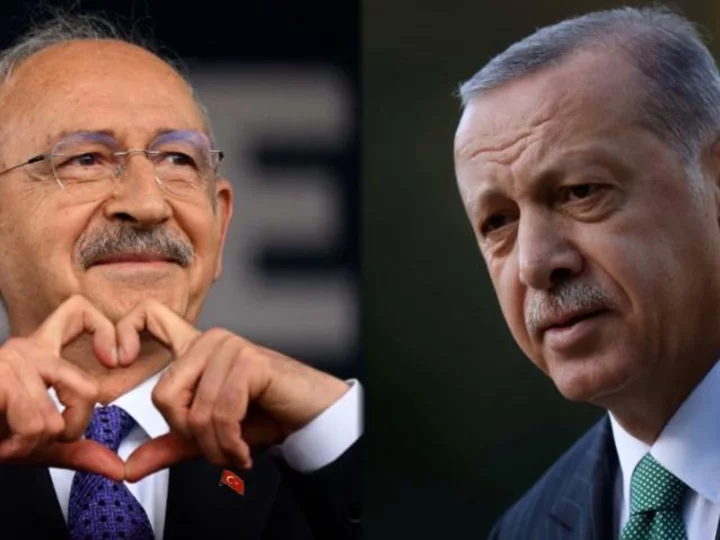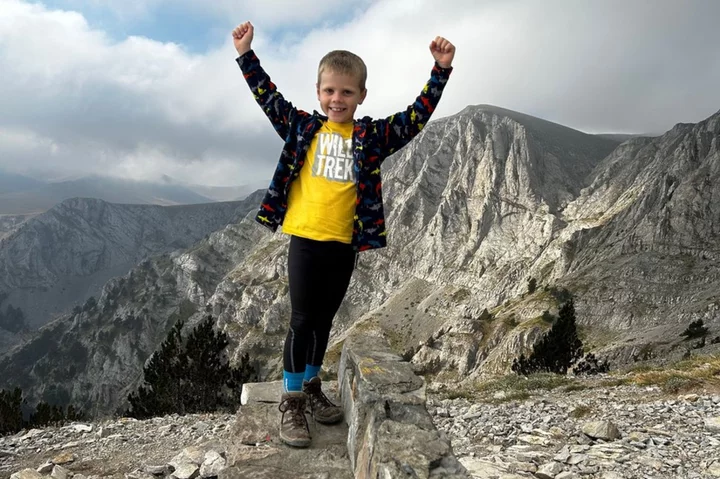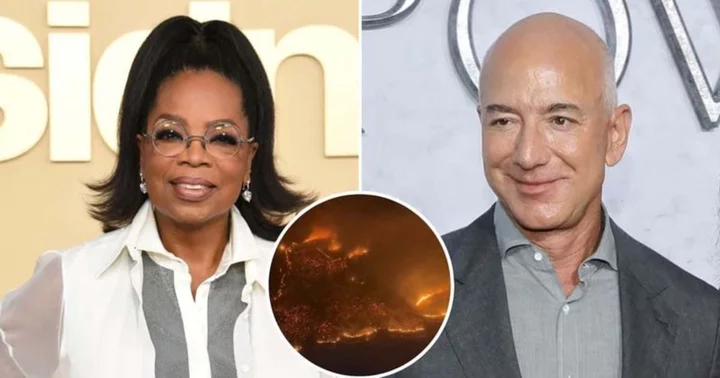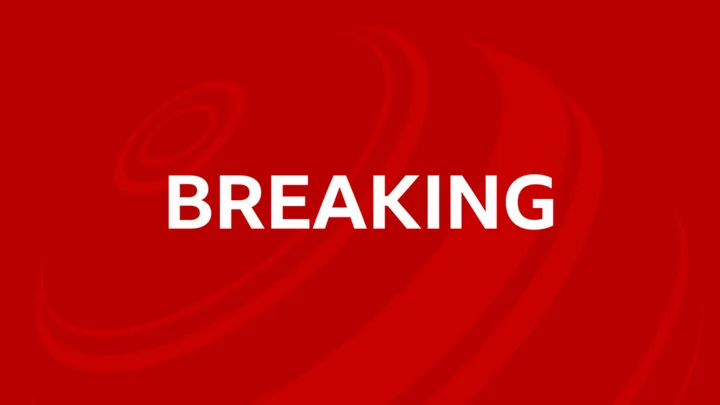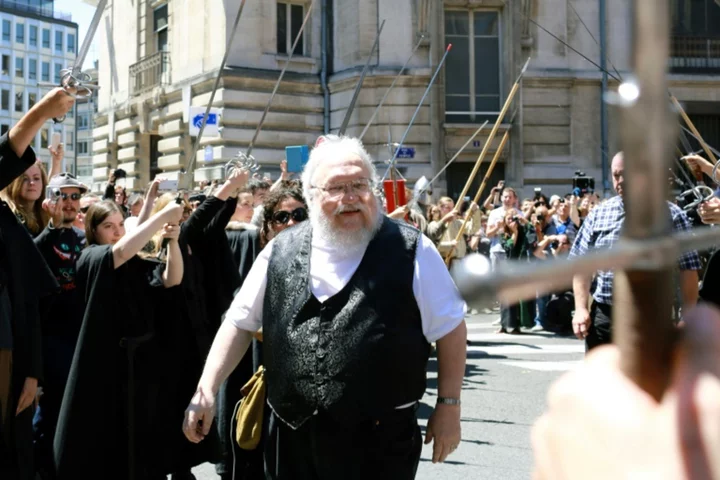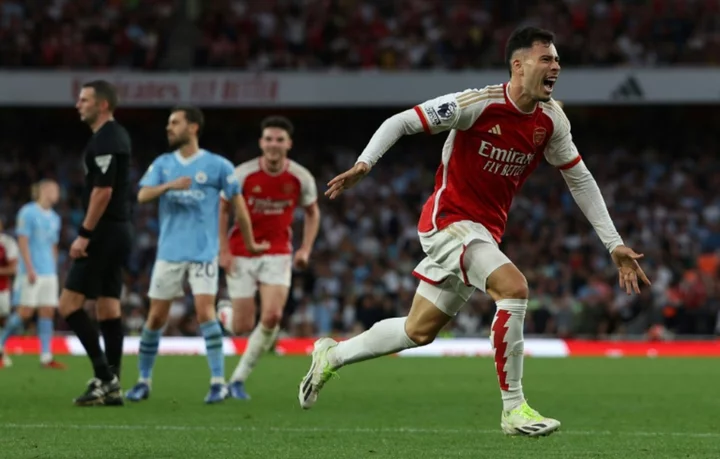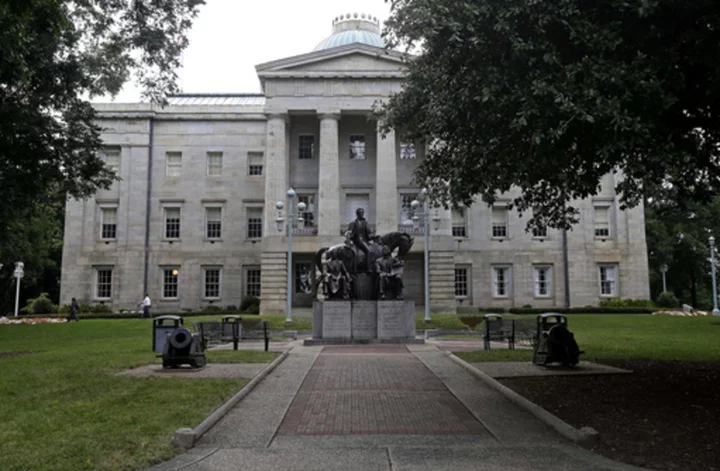Polls have opened in Turkey's presidential runoff as President Recep Tayyip Erdogan fights for a historic third term on Sunday.
Erdogan is going head-to-head with opposition leader Kemal Kilicdaroglu, a 74-year-old bureaucrat and leader of the left-leaning CHP. In the first round of voting on May 14, Erdogan secured a nearly five-point lead over Kilicdaroglu but fell short of the 50% threshold needed to win.
The president's parliamentary bloc won a majority of seats in the parliamentary race on the same day.
Last week, third-place candidate Sinan Ogan, who won 5% of the first-round vote, publicly endorsed Erdogan, further boosting the strongman leader's chances of winning Sunday's second and final presidential round.
Many polls had incorrectly predicted that Kilicdaroglu would lead in the May 14 vote, which saw a high turnout of nearly 90% across the country.
Six opposition groups had formed an unprecedented unified bloc behind Kilicdaroglu to try to wrest power from Erdogan. The opposition has described the election as a last stand for Turkish democracy, accusing Erdogan of hollowing out the country's democratic institutions during his 20-year rule, eroding the power of the judiciary and repressing dissent.
Erdogan also faces headwinds from a floundering economy and a shambolic initial response to a catastrophic earthquake on February 6 which claimed more than 50,000 lives in Turkey and neighboring Syria.
The government acknowledged its "mistakes" in its rescue operation and apologized to the public.
Erdogan's critics also spotlighted loose construction standards presided over by the ruling AK party, which turbocharged a construction boom since the early 2000s, and exacerbated the death toll. They also argued that the earthquake response underscored Erdogan's alleged hollowing out of government entities in his bid to consolidate power.
The country's financial crisis — which saw the currency plummet and prices soar — is also partially blamed on Erdogan's policies. The president suppressed interest rates leaving inflation unfettered, critics argued.
But electoral results on May 14 showed continued support for the president in his conservative strongholds, including in the devastated earthquake zone.
In an interview with CNN's Becky Anderson last week, Erdogan vowed to double down on his unorthodox economic policies, arguing that interest rates and inflation were "positively correlated."
He also hailed his relationship with Russian President Vladimir Putin as "special" and said he would continue to block Sweden's access to NATO, despite Western criticism that he was obstructing a unified front against Russia's invasion of Ukraine.
Erdogan, who controls the second-largest army in NATO, accused Sweden of harboring Kurdish terror groups and has preconditioned Stockholm's accession on the extradition of wanted individuals. Sweden has refused Turkey's repeated requests to extradite individuals Ankara describes as terrorists, arguing that the issue can only be decided by Swedish courts.
Since Russia launched its invasion of Ukraine in February 2022, the Turkish strongman has emerged as a key powerbroker, adopting a crucial balancing act between the two sides, widely known as "pro-Ukrainian neutrality."
He helped broker a key agreement known as the Black Sea Grain Corridor Initiative that unlocked millions of tons of wheat caught up in Russia's invasion of Ukraine, averting a global hunger crisis. The agreement was extended for another two months last Wednesday, one day before it was set to expire.

